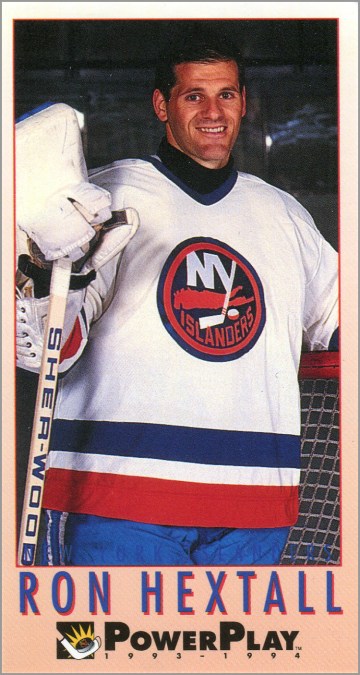The Bizarre and Unforgettable Partnership Between the Pittsburgh Penguins and CSKA Moscow

It was about the pucks and bucks, first and foremost, but lest we forget the acrobats, blood-soaked mascots and accidental on-ice sex acts. There’ll never be another partnership like the one between the Pittsburgh Penguins and CSKA Moscow, which changed Russian hockey forever.
It’s 1993, and the historic CSKA Moscow program – a.k.a. the Central Red Army Hockey Club – is nearing defeat. All of the team’s best players – Igor Larionov, Slava Fetisov, Pavel Bure, Sergei Fedorov and many others – have headed for the greener pastures of the NHL. Funding for sports clubs is no longer a priority for the Russian government, and CSKA is broke. It can’t afford uniforms or equipment, and almost no fans come to watch the team.
SERGEI BRYLIN: (Left winger, CSKA 1991-92 to ’92-93 & CSKA/Russian Penguins 1993-94) The whole country was going through a transition, from the Soviet Union to Russia. Obviously, hockey wasn’t the main priority. My first two years playing for the Red Army were pretty challenging years.
CSKA reaches out to several NHL teams looking for support. The Pittsburgh Penguins answer the call. The Penguins’ ownership group, which includes Tom Ruta, Howard Baldwin and his wife Karen Baldwin, forms Penguins Army International Limited, a joint venture between the Pens and Central Red Army. Superstar Mario Lemieux and actor Michael J. Fox are also involved as silent partners.
TOM RUTA: (Co-owner, Pittsburgh Penguins; co-owner/president, Russian Penguins) We created a company where the Pittsburgh Penguins owned 50 percent and the Russian partners owned 50 percent. That’s the structure they required at the time. You couldn’t have Americans owning 51 percent of a Russian company.
HOWARD BALDWIN: (Co-owner, Pittsburgh Penguins; co-owner/chairman/CEO, Russian Penguins) We thought we could make money because good players were coming from the Red Army team. If a Russian player was drafted, the NHL team who picked him would have to pay a pretty fat fee to his Russian team, I think it was around $250,000 for a first-rounder.
RUTA: At first, we’d give all the draft money to CSKA, until they got on their feet, and then we’d split it with them. So, in the beginning, they’d be able to rebuild their program and pay all their bills. And then eventually, we’d get a 50-percent share.
HOWARD BALDWIN: We also thought a partnership would give us an edge in knowledge on Russian players and give us a way to get sponsorships, because North American companies were looking to come over and start doing business in Russia.
RUTA: The Red Army was a great hockey program, and Howard didn’t want to see it die. And it was dying for want of a small amount of money. Read the rest of the story at The Hockey News.



































